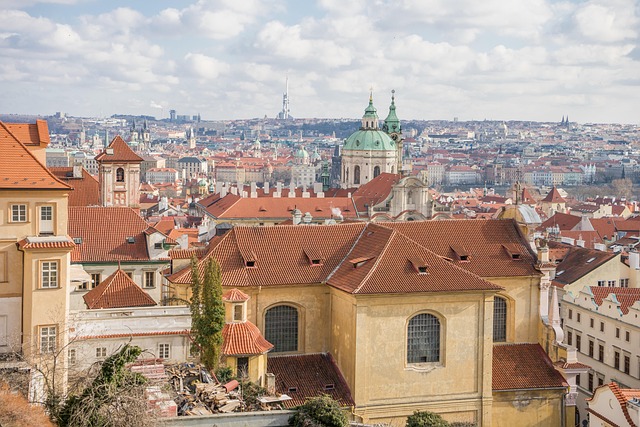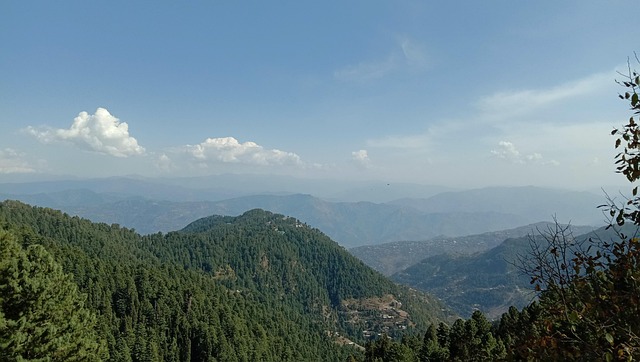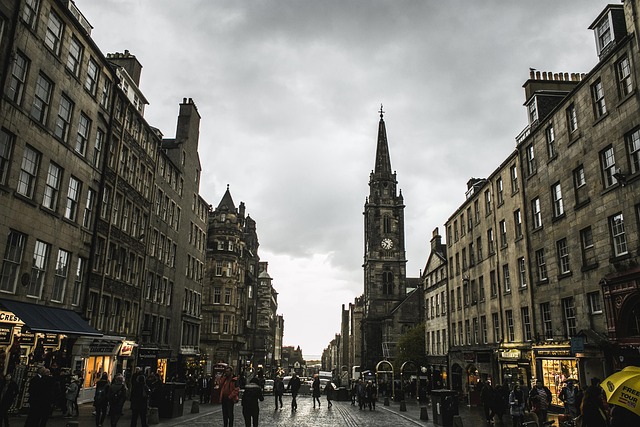Karachi, Pakistan's financial hub, grapples with significant waste management challenges due to its bustling nature but also has an opportunity to develop a robust recycling ecosystem. Gadap Town stands out as a dynamic center for sustainable waste management, housing advanced recycling centers that efficiently segregate and process diverse materials like plastics, paper, glass, and metal. Despite challenges such as inadequate infrastructure and low public participation, promising innovations like community initiatives and technological advancements are emerging. These recycling centers in Gadap Town are driving community engagement with environmental conservation, aiming to expand their reach, adopt advanced technologies, and promote a circular economy model for a cleaner, more sustainable Karachi.
Exploring Karachi’s recycling landscape, we shine a spotlight on Gadap Town, a bustling hub transforming waste management. This article delves into the intricate web of Karachi’s recycling ecosystem, highlighting Gadap Town’s pivotal role in processing diverse materials, from plastics to papers. We dissect the challenges, explore innovative solutions, and examine community engagement, offering insights into the future prospects of this dynamic sector in Pakistan’s megacity.
- Understanding Karachi's Recycling Ecosystem
- The Role of Gadap Town in Waste Management
- Types of Materials Recycled at Local Centers
- Challenges and Innovations in Gadap Town Recycling
- Community Engagement and Future Prospects
Understanding Karachi's Recycling Ecosystem

Karachi, as Pakistan’s financial hub, presents a unique challenge and opportunity when it comes to its recycling ecosystem. The city’s bustling nature generates a significant amount of waste, making efficient waste management and recycling crucial for sustainable development. Understanding this intricate web involves recognizing the diverse role players, from local recycling centers in Gadap Town to governmental initiatives aimed at enhancing waste segregation and recycling rates.
The recycling landscape in Karachi is a complex interplay between informal sectors, responsible businesses, and community efforts. The city’s recycling centers, such as those found in Gadap Town, play a vital part by collecting, sorting, and processing recyclable materials from various sources. These centers not only contribute to reducing the environmental impact of waste but also provide employment opportunities for local communities. In light of this, Karachi’s recycling ecosystem is evolving, with increasing awareness about sustainable practices and the potential for positive environmental change.
The Role of Gadap Town in Waste Management

Gadap Town, a vibrant and bustling area in Karachi, plays a pivotal role in the city’s waste management landscape. The town is home to several recycling centers that have been meticulously designed to handle and process various types of waste materials. These centers not only contribute to the reduction of landfill waste but also serve as a crucial cog in the sustainable development efforts of the metropolis. By employing innovative technologies and practices, Gadap Town’s recycling facilities transform discarded items into valuable resources, thereby fostering an eco-friendly environment.
The strategic location of these centers within the town facilitates efficient collection and segregation of waste, ensuring that materials are processed in a timely manner. This meticulous approach not only enhances the quality of life for residents but also positions Gadap Town as a leader in environmental stewardship within Karachi. The successful implementation of recycling initiatives here offers a model for other areas to follow, potentially revolutionizing waste management practices across the city and beyond.
Types of Materials Recycled at Local Centers

In Karachi, recycling centers play a vital role in managing and repurposing various materials, contributing to a sustainable future. These local facilities accept and process an extensive range of recyclables, including plastics, paper, glass, and metal. The diversity of materials collected highlights the city’s commitment to environmental conservation.
Plastics, a significant concern due to their non-biodegradable nature, are broken down and processed into new products, reducing Karachi’s carbon footprint. Paper products, from newspapers to cardboard, are recycled to create new stationery items, further minimizing deforestation. Glass and metal recycling ensures the efficient use of natural resources, as these materials can be reused infinitely without losing their properties.
Challenges and Innovations in Gadap Town Recycling

Despite the growing awareness about environmental sustainability in Karachi, recycling centers in Gadap Town face several challenges. The primary issue is the lack of proper infrastructure and efficient collection systems, leading to a significant amount of recyclable material ending up in landfills. Additionally, low public participation due to limited education and awareness contributes to the problem. Another challenge is the ad-hoc management of these centers, often lacking centralized coordination and effective sorting mechanisms, which hampers the quality of recycled products.
However, there are promising innovations taking place in Gadap Town’s recycling scene. Local community initiatives are emerging, led by passionate individuals who organize door-to-door collection programs and educate residents about responsible waste management. Moreover, technology is being leveraged to streamline the process; apps and online platforms are helping connect recyclers with collection points, while sensors and sorting machinery improve efficiency at centers. These developments indicate a promising future for recycling in Karachi’s Gadap Town.
Community Engagement and Future Prospects

The recycling centers in Gadap Town, Karachi, have been pivotal in fostering community engagement with environmental conservation efforts. Local residents actively participate in various initiatives, ensuring a sustainable future for the metropolis. Through educational programs and awareness campaigns, the centers have inspired folks to embrace eco-friendly practices, significantly contributing to the city’s green transformation.
Looking ahead, these recycling hubs hold immense potential to become game changers in Karachi’s waste management landscape. With ongoing support and innovation, they can revolutionize the way the city handles its residuals, setting an example for other urban areas. The future prospects include expanding community outreach programs, introducing advanced recycling technologies, and promoting a circular economy model, ultimately leading to a cleaner and more sustainable Karachi.
Karachi’s recycling landscape is dynamic, with Gadap Town playing a pivotal role in sustainable waste management. The various recycling centers in this area not only contribute to reducing landfill waste but also showcase innovative practices and community engagement. By focusing on diverse material types and tackling challenges head-on, these local initiatives hold the key to a greener future for the metropolis. With continued support and development, Gadap Town’s recycling ecosystem has the potential to become a model for efficient waste management across Karachi.



